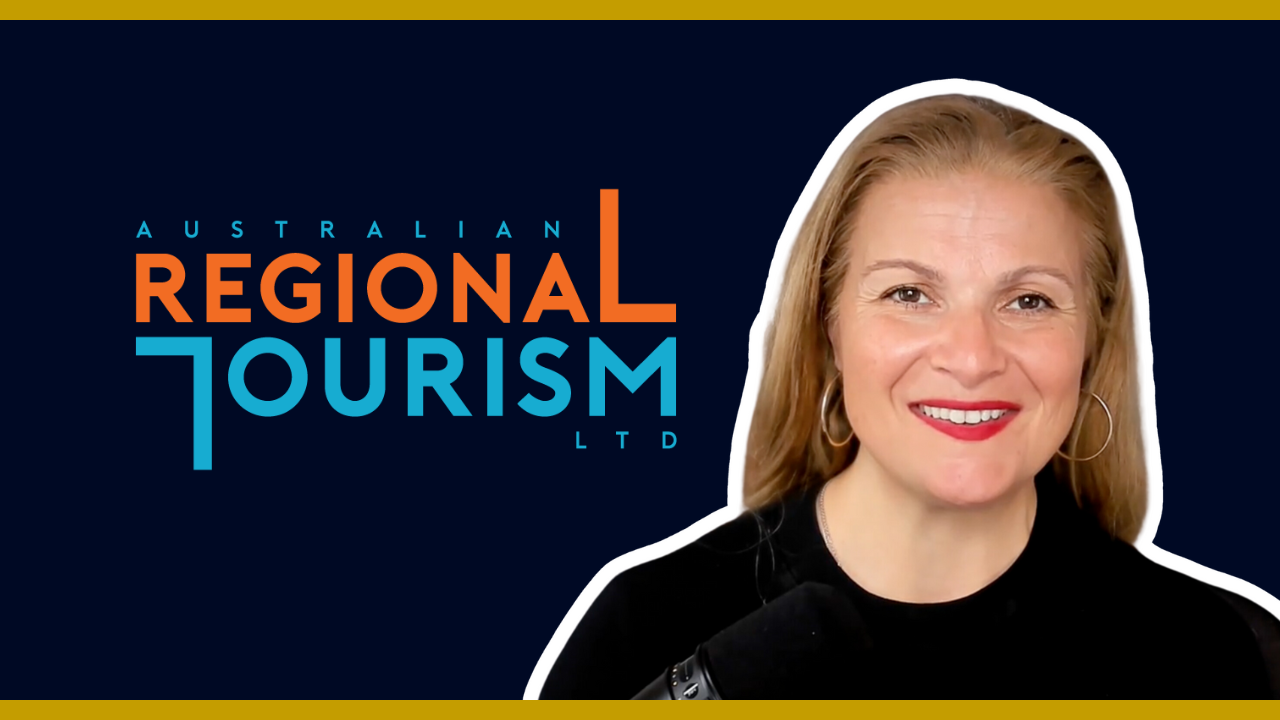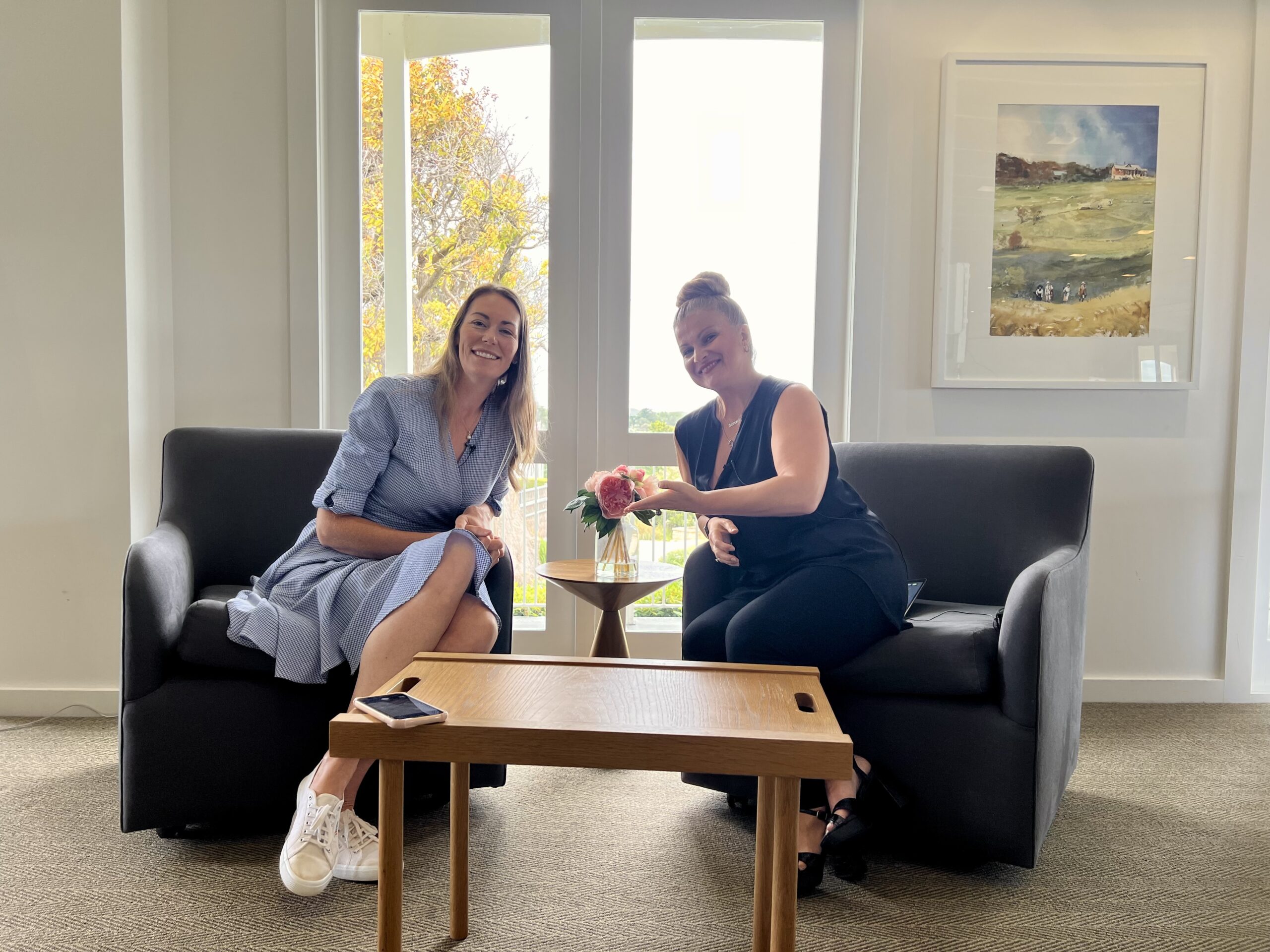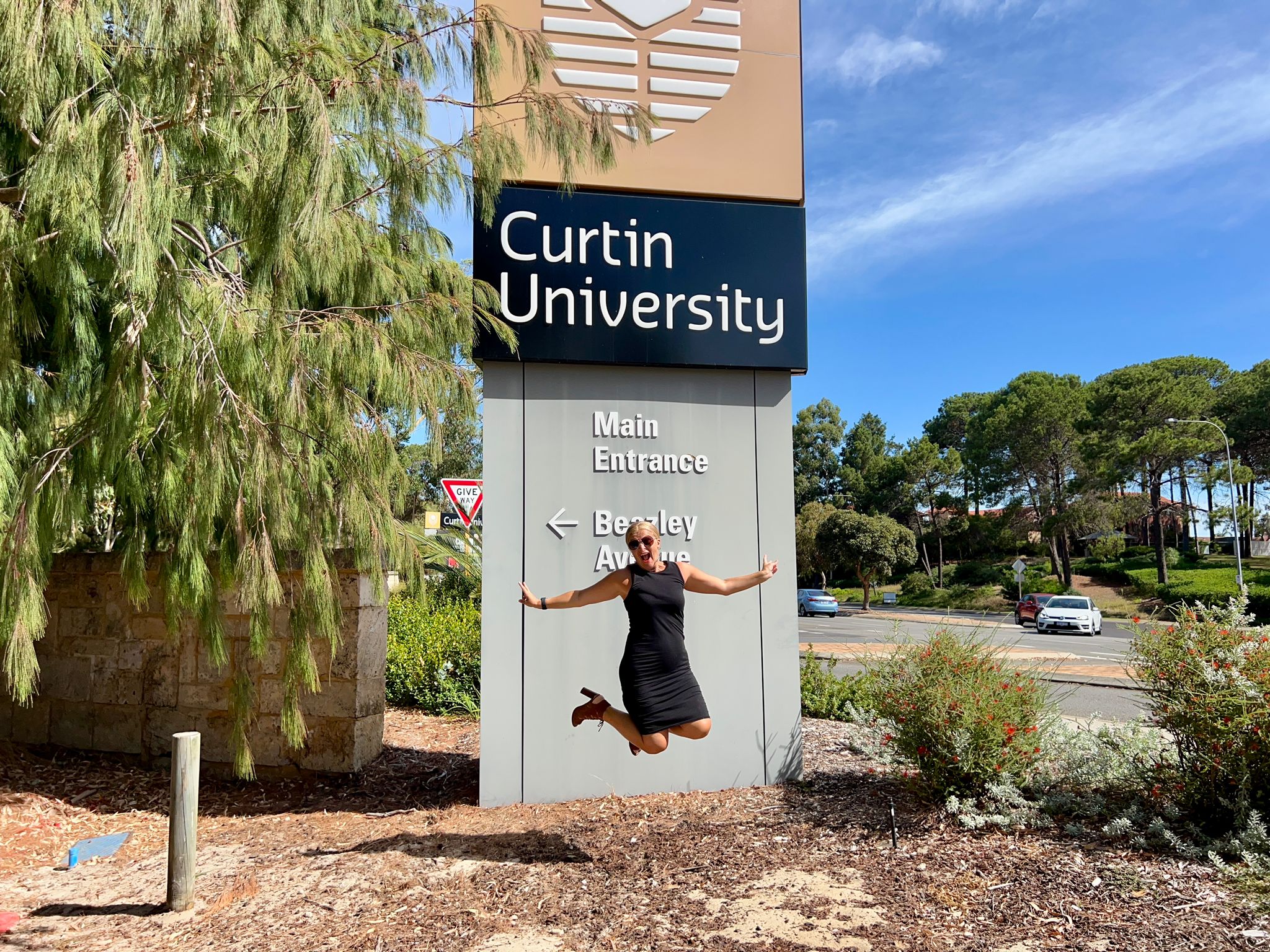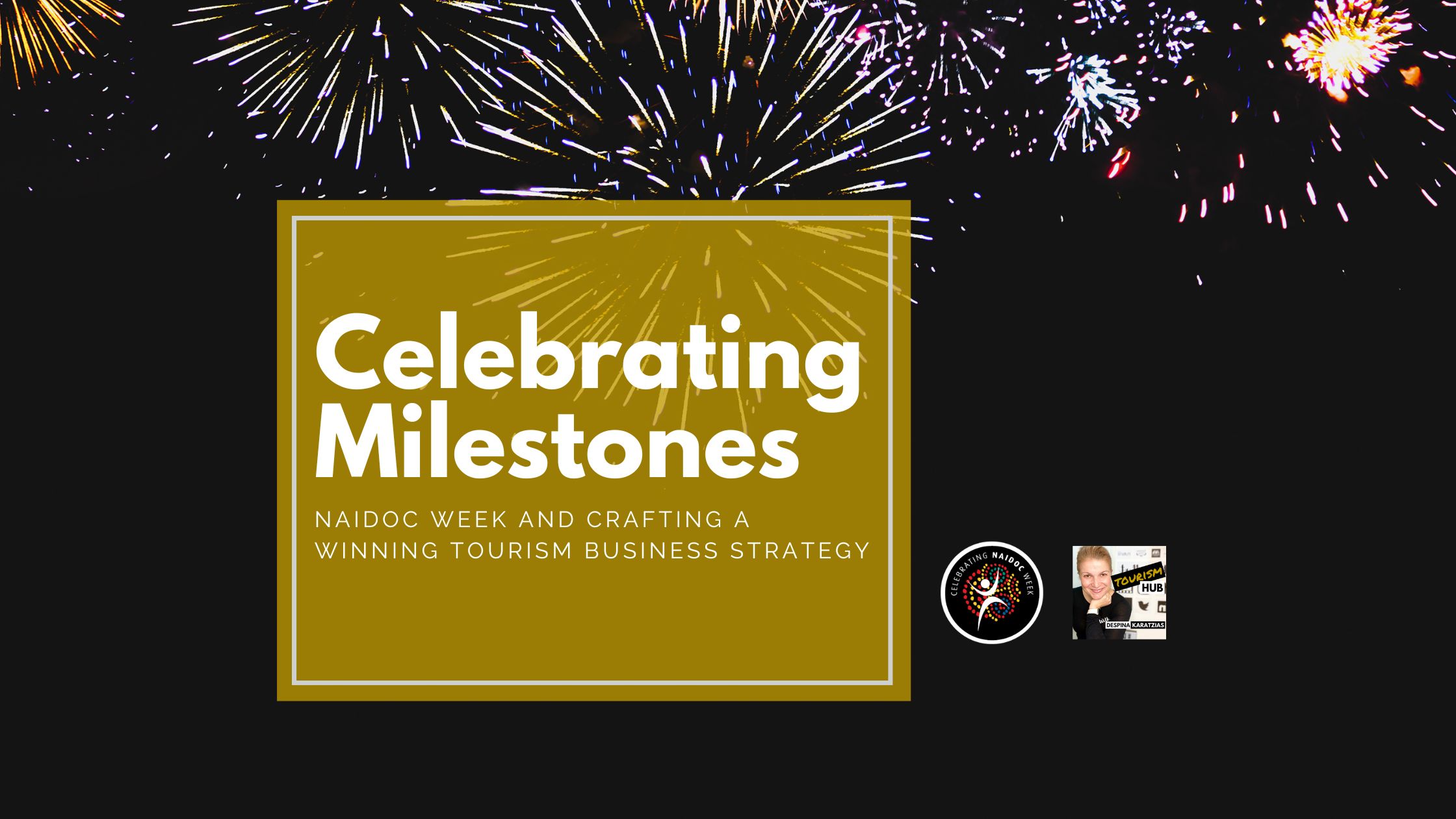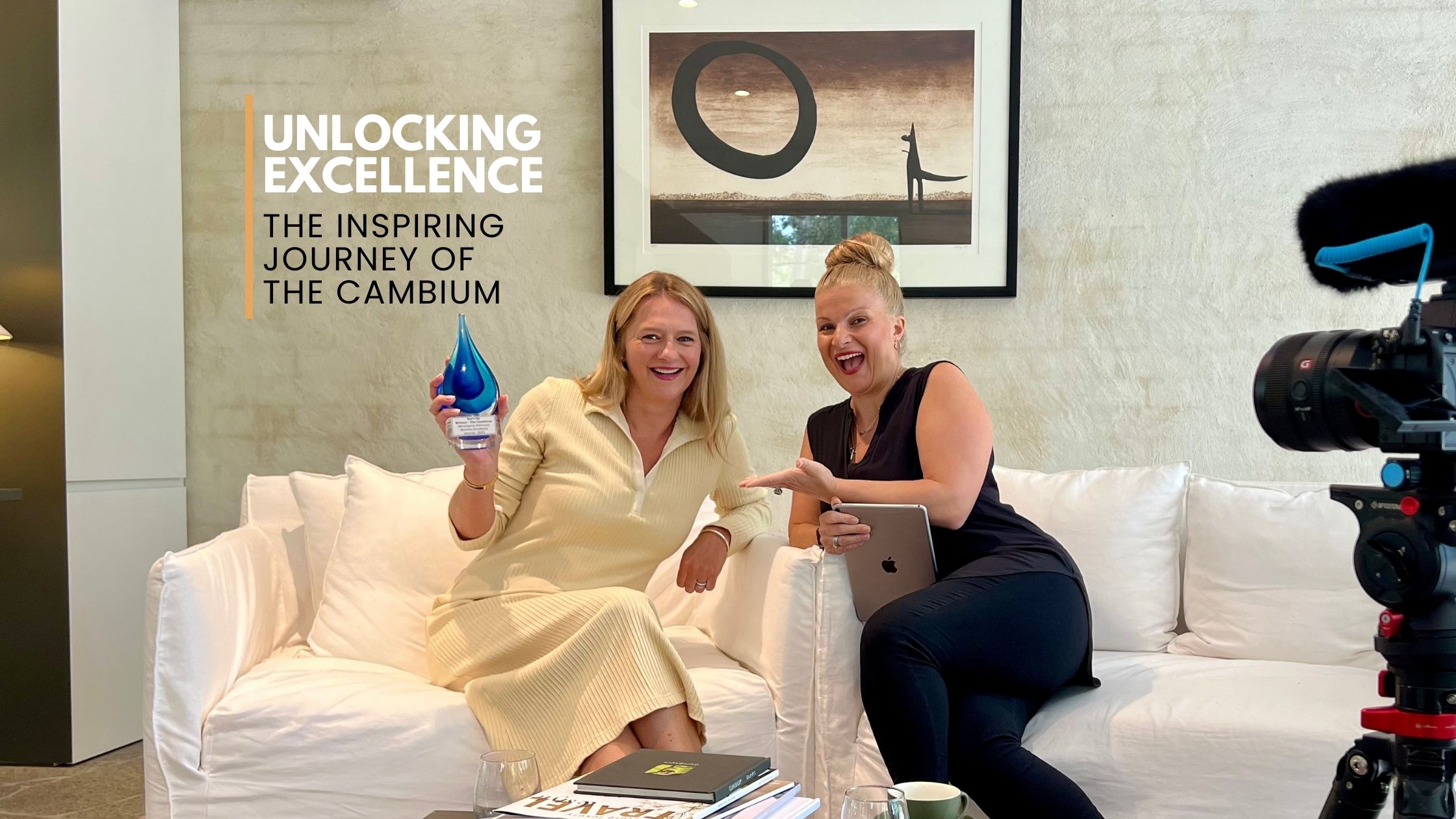Discover the top 5 insights from Nic Cooper about sustainable tourism and how it can transform your travel experience. Sustainable tourism is an ever-evolving field that offers immense potential for positive change in our world. Recently, I had the privilege of interviewing Nic Cooper from Wild Adventures Melbourne (WAM) about his journey and insights into sustainable tourism. Through our discussion, I gleaned invaluable lessons that are inspiring and actionable for anyone interested in making a difference through travel. Here are the top five things I learned from our conversation.
1. The Importance of Purpose-Driven Business
The first and perhaps most profound lesson from Nic Cooper was the importance of running a purpose-driven business. Nic’s journey with WAM has been fueled by a deep-seated desire to create meaningful and sustainable tourism experiences. To date, WAM is the only Australian Tourism Business that is so true to its core values. It is a Sustainable Quality Tourism Business, an Ecotourism Australia-Advanced Ecotourism Business, and has earned a B Corp Certification.
Nic shared in the Tourism Hub Podcast – Creating Sustainable Tourism Experiences With Nic Cooper of Wild Adventures Melbourne how his upbringing, surrounded by the beauty of the English countryside and the charm of a family-run bed and breakfast, instilled in him a love for nature and hospitality. This early exposure to diverse cultures and people ignited his passion for tourism and set the stage for his commitment to sustainability.
Nic further emphasised that a purpose-driven business goes beyond profit. It positively impacts the environment, the local community, and the overall travel experience. For WAM, this means ensuring that every tour is designed to be eco-friendly and educational, promoting conservation and respect for nature. This approach attracts like-minded customers and builds a loyal community that values the same principles.
2. The Rigorous Path to B Corp Certification
One of WAM’s standout achievements is its B Corp certification, a testament to Nic’s commitment to the highest standards of social and environmental performance, accountability, and transparency. Nic detailed the rigorous process of becoming a B Corp, which involves a comprehensive review of the company’s operations, including its impact on employees, customers, the community, and the environment.
Nic’s dedication to achieving this certification highlights the importance of setting high standards and being transparent about business practices. He pointed out that B Corp certification is not a one-time achievement but an ongoing journey that requires continuous improvement and recertification every three years. This commitment to excellence and sustainability sets WAM apart and inspires other businesses to follow suit.
3. Educating Customers Through Experience
Nic’s approach to customer education is both subtle and effective. He believes in the power of experiential learning, where customers gain insights into sustainable practices through their interactions with WAM’s tours. For instance, WAM provides reef-safe sunscreen to guests, explaining its benefits for both human health and marine life. This simple act enhances the customer experience and raises awareness about the importance of using eco-friendly products.
Nic shared stories of how guests have gone home with a new perspective on environmental conservation, inspired to make more sustainable choices in their daily lives. This ripple effect of educating one customer at a time is a powerful tool for fostering broader societal change.
Starting the journey of educating customers also led Nic to join the team at the Tourism Collective, which aims to transfer and inform the broader tourism business community and educate the industry in sustainable and regenerative practices.
4. Building Community and Collaboration
A key takeaway from my conversation with Nic was the significance of building strong community relationships and collaborating with other local businesses. Nic spoke passionately about how WAM supports over 25 Australian companies, prioritising those on the Mornington Peninsula.
From sourcing local teas to promoting nearby restaurants and wineries, WAM’s commitment to community support is unwavering. Nic’s philosophy is that tourism should benefit the local community and environment, not just the business itself. By fostering a sense of camaraderie and mutual support among local businesses, WAM has created a network that enhances the overall visitor experience and contributes to the region’s economic and social well-being.
5. Adapting and Innovating Through Challenges
Finally, Nic’s resilience and adaptability in the face of challenges offer valuable lessons for any business. The onset of the COVID-19 pandemic presented significant obstacles for WAM, which relies heavily on outdoor adventures and in-person experiences. However, Nic used this time to refine his business model, focusing on how WAM could operate sustainably and innovatively even during difficult times.
One example is WAM’s expansion into offering multi-day trips and seasonal experiences, such as winter tours in Victoria’s high country. This diversification helps stabilise the business year-round and provides unique and varied experiences for customers.
Conclusion
In conclusion, my interview with Nic Cooper was incredibly enlightening, providing a deeper understanding of what it means to run a sustainable tourism business. Nic’s commitment to a purpose-driven approach, the rigorous path to B Corp certification, the subtle yet powerful customer education, the importance of community collaboration, and the ability to adapt and innovate through challenges are all invaluable lessons. These insights showcase Nic’s dedication to sustainability and serve as a guiding light for anyone looking to make a positive impact through tourism. By integrating these principles, we can all contribute to a more sustainable and enriching travel experience.
FAQs
What is sustainable tourism?
Sustainable tourism focuses on minimising travel’s negative impacts on the environment and local communities while promoting conservation and responsible tourism practices.
Why is B Corp certification important for tourism businesses?
B Corp certification demonstrates a company’s commitment to the highest social and environmental performance standards, accountability, and transparency, setting it apart as a leader in sustainable business practices.
How can customers support sustainable tourism?
Customers can support sustainable tourism by choosing eco-friendly tour operators, using environmentally friendly products, and being mindful of their impact on the places they visit.
What are some examples of sustainable tourism practices?
Examples include using reef-safe sunscreen, supporting local businesses, participating in conservation efforts, and choosing tours prioritising environmental and community welfare.
How does WAM educate its customers about sustainability?
WAM educates its customers through experiential learning, providing eco-friendly products, and explaining the importance of sustainable practices during tours.
What are the benefits of community collaboration in tourism?
Community collaboration enhances the visitor experience, supports the local economy, and fosters a sense of mutual support and camaraderie among local businesses.


